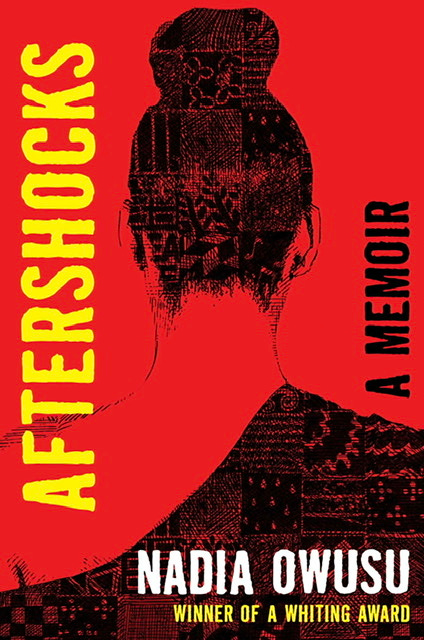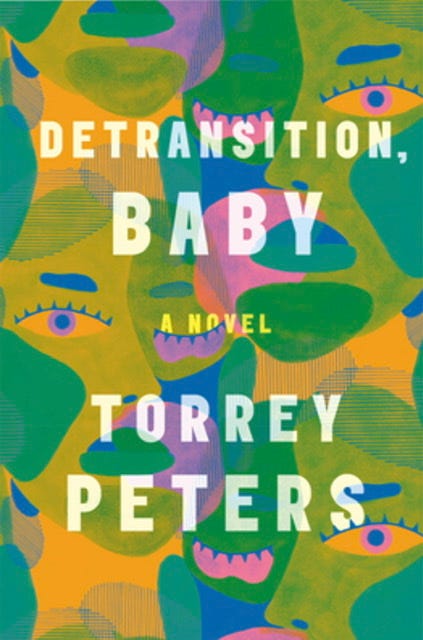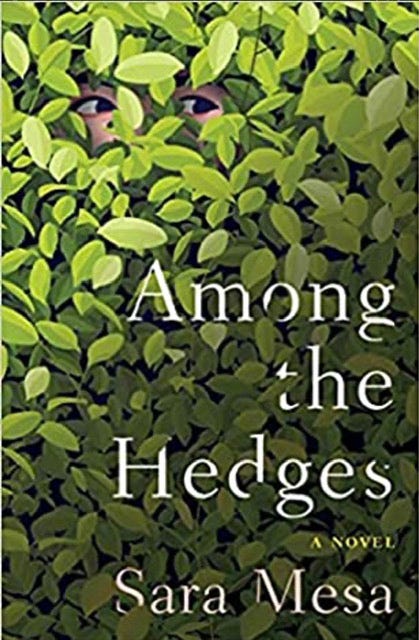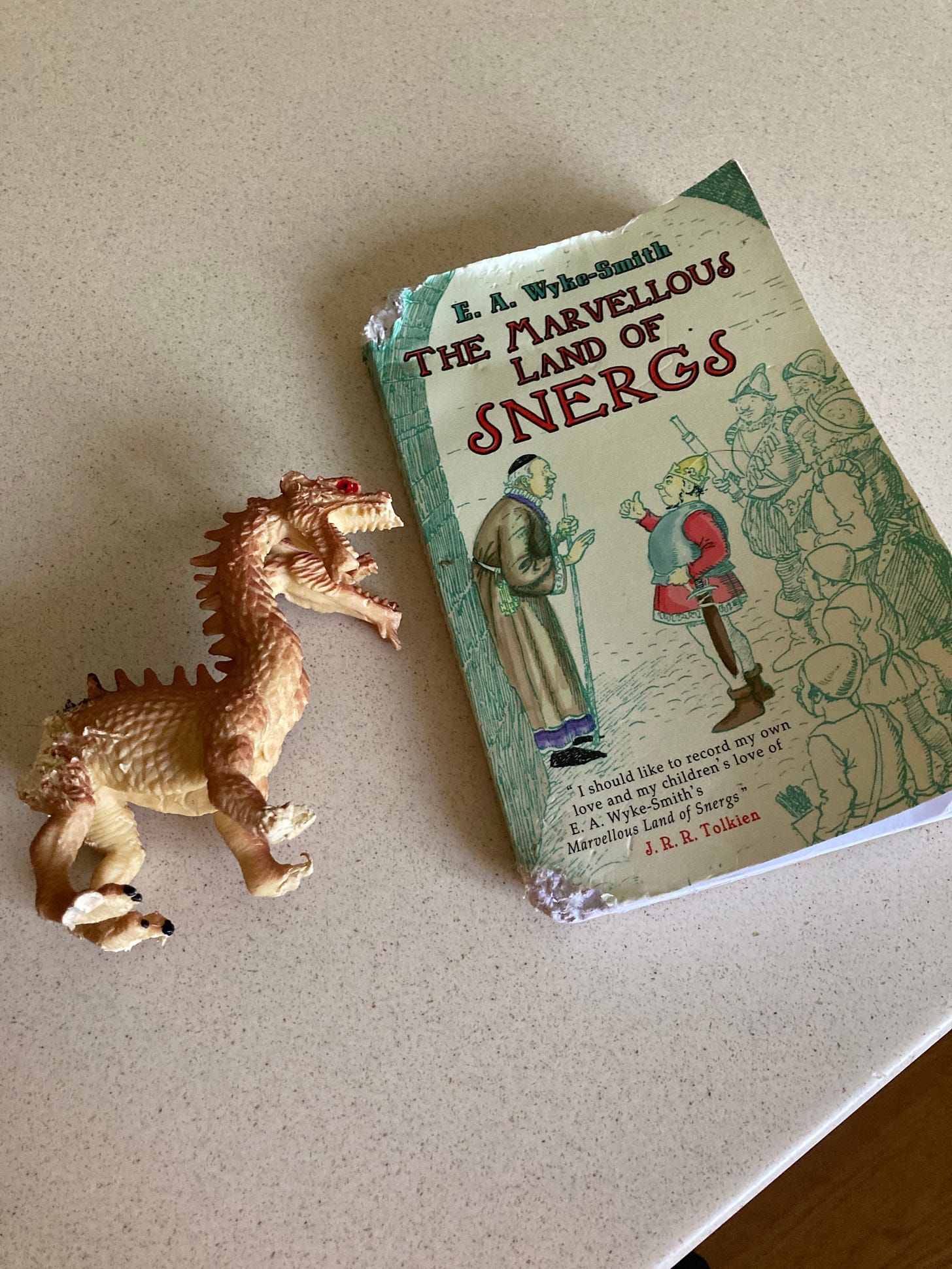Aftershocks by Nadia Owusu
In many ways, Aftershocks is a straightforward coming-of-age memoir, with tales of messed-up families, troubles in school, and uncertainty about the future. Owusu’s life has been unusually full and varied, however. She was born to an Armenian-American mother and a Ghanaian father, but her mother left the family when she was two and her father died when she was thirteen. She lived in many different places, spending time with other family members and moving around the world with her father, a United Nations official. She saw a lot of the world but didn’t know where she fit in. She was born in Tanzania but only lived there until she was three; she lived in England, Italy, Ethiopia, Ghana, and Uganda, and settled in the New York at age eighteen, but didn’t feel that she belonged in any of those places.
The memoir is unusual in the way it tells this story out of order, moving back and forth between childhood scenes and her life in New York in her twenties when she went through a major depressive period. The New York sections are entitled “The Blue Chair,” where she spent days unable to function, lost in sadness and grief. Owusu manages to make the pieces of her story, scattered throughout the book as they are, cohere into a full picture, and this nonchronological organization highlights the connections between her childhood experiences and her breakdown as an adult. She also uses the metaphor of an earthquake to hold the book together, describing the arc of her life as foreshocks, mainshocks, and aftershocks.
Owusu’s ability to hold all this material together is impressive, and only occasionally did I feel her strain to balance the book’s various threads. She’s a fascinating person and this is an important story for thinking about what it means to be a citizen of the world but to feel at home nowhere, to be a mixed-race person always having to explain who she is, and to grapple with family secrets and trauma and come out the other side intact.
Detransition, Baby by Torrey Peters
I read Detransition, Baby as an audiobook and can recommend that format: the narrator did a fantastic job with the characters’ voices. This is a novel about three people: Reese, a trans woman who longs to be a mother; Ames, a former trans woman (Amy at that point) now a man again, who was once in a relationship with Reese; and Katrina, a cis woman who is Ames’s boss, becomes Ames’s lover, and gets pregnant with his baby. Ames gets the idea that these three could raise the baby together, an idea that seems preposterous and unlikely but also … maybe it could work?
One of the pleasures of this novel is the way it takes its time developing the characters; we learn the basic premise described above while also getting flashbacks to Ames’s early years figuring out his gender identity, learning how Reese and Amy’s relationship began and ended, and seeing what Reese’s life was like after things fell apart with Amy. Torrey Peters expertly creates and maintains suspense about what will happen with Katrina’s baby, while at the same time satisfying curiosity about the characters’ lives. Each character comes alive: Reese’s sense of humor, witty observations, and self-knowledge; Ames’s gender fluidity and uncertainty mixed with kindness; Katrina’s confidence and prickliness. I loved living in the world of this book for the few weeks I listened to it (I listen to audiobooks slowly).
Among the Hedges by Sara Mesa, translated by Megan McDowell
This is a bit of a tease, since Among the Hedges doesn’t come out until May 18th. In the meantime if you’re looking for something to read, you can check out another good book by Sara Mesa: Four by Four, translated by Katie Whittemore. Among the Hedges is a novella tightly-focused on the relationship between a girl known only as “Soon,” as in soon-to-be-fourteen years old, and a man in his 50s, known only as “Old Man.” Soon is skipping school and spending her days hidden away in the hedges of a nearby park, and Old Man finds her there and proceeds to visit her regularly.
Sounds bad, right? But the two develop a genuine, if strange, friendship. Old Man is obsessed with birds and with Nina Simone, and Soon finds him odd, but after awhile she begins to enjoy his company. She learns a lot about birds and shares some of her family and school stories with him. They look for each other every day, dodging the park maintenance workers. But it’s fall and winter is coming. Eventually, Soon’s parents are going to find out about all the missed school, and she’s going to be in trouble. If another adult finds them, he’s going to be in trouble.
I love Mesa’s use of third person point of view to stay inside Soon’s thoughts most of the time but occasionally to take a wider view, looking forward or backward. The narrator becomes like another character, not by talking to the reader directly, but by recounting the characters’ conversations in a warm, nonjudgmental, breezy present tense that makes you feel like you’re in good storytelling hands.
I also love how the narrator’s method of (mostly) focusing on Soon’s thoughts and feelings allows us to understand things she doesn’t: her descriptions of Old Man reveal more than she realizes. Soon is a very smart, perceptive girl, but there is a lot she doesn’t yet know. Watching her figure certain things out is a pleasure. Look out for this book in May.
Publishing This Week
Small-press books out this week that I haven’t yet read and am adding to my TBR:
The Twilight Zone by Nona Fernández, translated by Natasha Wimmer (Graywolf Press): a novel set in Chile about the legacy of crime, as the narrator becomes obsessed with a political criminal.
Taking a Long Look: Essays on Culture, Literature, and Feminism in Our Time by Vivian Gornick (Verso Books): Vivian Gornick is one of my favorite nonfiction writers. This collection contains essays on literature and feminism from throughout her career.
I is Another: Septology III-V by Jon Fosse, translated by Damion Searls (Transit Press): I haven’t read the first installment (parts 1 and 2), but I’ll get there, and now the second volume is available (parts 3-5). I don’t even know how to describe these books, except to say that they are fiction, but readers I trust love them, so I’m in.
New on the TBR
New books acquired:
Antonio by Beatriz Bracher, translated by Adam Morris (New Directions, 2021): the latest installment in my New Directions subscription. It’s a novel of family secrets by a Brazilian author.
Schizophrene by Bhanu Kapil (Nightboat Books, 2011): I read Ban en Banlieue awhile back when it was part of the Tournament of Books and didn’t fully understand it but haven’t forgotten it either. Kapil is a challenging, experimental writer who writes about race, migration, mental illness, and the body.
The Freezer Door by Mattilda Bernstein Sycamore (Semiotext(e) Press, 2020): this was blurbed by Maggie Nelson, and I know how unreliable blurbs are, but her name still catches my eye. This is a nonfiction meditation on trauma and connection.
Panthers and the Museum of Fire by Jen Craig, illustrated by Bettina Kaiser (Zerogram Press, 2020): I mentioned last week that this book came highly recommended to me and now it’s all mine!
Added to my wishlist (books that have caught my eye but I don’t yet own):
Written After a Massacre in the Year 2018 by Daniel Borzutsky (Coffee House Press, 2021): poetry written in response to various forms of violence in the U.S.
Malarky: A Novel in Episodes by Anakana Schofield (Biblioasis, 2012): I have yet to read Schofield’s latest novel, Bina, but I so enjoyed this podcast interview with Schofield that I decided I want to read all of her novels. This one is her first.
How to Pronounce Knife by Souvankham Thammavongsa (Little Brown and Company, 2020): short stories about, according to the publisher, “characters struggling to find their bearings far from home, even as they do the necessary ‘grunt work of the world.’” Anakana Schofield mentioned this book in the podcast mentioned above.
The Life of the Mind by Christina Smallwood (Hogarth, 2021): as one Goodreads reviewer put it, “There’s dismal and then there’s The Life of the Mind.” It sounds like the book for me! It tells the story of an adjunct professor in New York City struggling with feeling out of control in her life and in her body.
Currently Reading
Anodyne by Khadijah Queen (Tin House, 2020): my current poetry book, which I’ll probably be reading for the rest of March.
White Magic by Elissa Washuta (Tin House, publishing April 27): a linked essay collection on magic, addiction, the body, race, trauma, colonization, and more.
The Cormac Report
Because of our new puppy, Éowyn, we’ve had a few casualties:
I don’t know anything about that book or why we have it and Cormac has never read it, so it didn’t feel like a big loss. It’s probably still readable anyway. The chewed-up dragon is a bigger deal, but we never told Cormac about either one because he would have been upset. Éowyn had already chewed up his copy of Redwall, which we had only read a few chapters of and that was a long time ago, but the loss still upset him. He’s lost other toy dragons and dinosaurs and at least one other book.
Cormac’s response to this destruction has been to tearfully ask for replacements, to which we have usually said, okay, but you need to use your allowance money. He is an only child and he very often gets what he wants, but we can at least put some limits on it. After all, Éowyn chews up items left on the floor, and he is the one leaving things there.
But the truth is that we would absolutely buy him replacements for books no questions asked; the fact that he has allowance money available is just a convenience that lets us feel like we’re teaching him something (I doubt we are). And we would replace those plastic dinosaurs as well because he spends hours making up stories about them. I love that he loves his books and that he uses his toys to make up elaborate stories! We will find other ways to keep from “spoiling” him (what an awful phrase). At least … we’ll try.
Have a good week everyone!








I was especially curious about the Torrey Peters. Really well done on the review.